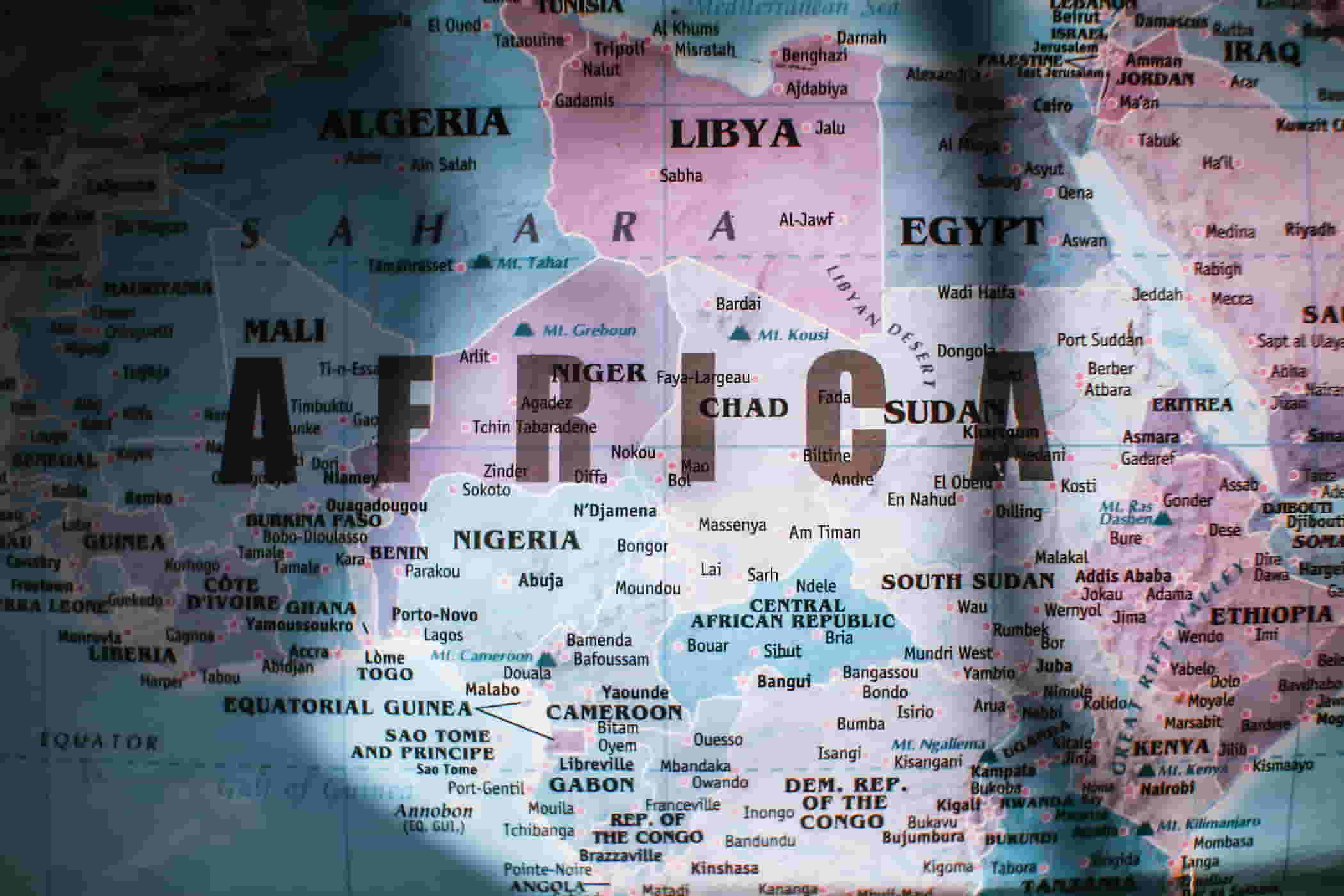
Water Projects in Africa
Water is essential to human life; however, millions of people worldwide do not have clean, accessible water for drinking, cooking, cleaning and other routine tasks.1 Clean water is essential, but it can be a luxury for millions of people experiencing poverty. Water stress is critical throughout Africa.
Water projects in Africa can offer life-saving interventions for individuals, families and entire communities. Water is a crucial and rare resource throughout this continent due to limited water sources, extreme heat and drought, limited water infrastructure and contaminated water sources.
Insufficient water sources
- Drought — Africa’s proximity to the equator produces extreme heat and dry climates; Many countries in Africa experiences less than 1,000 millimeters of rain annually.2 Minimal rainfall creates severe drought that causes the soil to turn to dirt and dust that is inhospitable for growing crops. Surface water in ponds, lakes and rivers dry up, causing livestock to die from dehydration and malnutrition. Drought in Africa causes widespread dehydration and malnutrition.3 Most countries in Africa do not have enough rainfall to nurture the plants, animals or people.
- Population — About 1.3 billion people reside in Africa; it is a densely populated continent.4 However, most countries in Africa do not have sufficient food, water or other resources to support their populations. Limited water sources like wells and lakes are frequently overused. The population of Africa continues to rise rapidly, but most African countries do not have the financial resources or water infrastructure to support the needs of their growing populations.3
Contaminated water sources
Out of necessity, many people throughout Africa collect and use surface water from lakes, ponds, rivers or other still bodies of water. However, unfiltered and untreated water contains harmful pollutants.
- Diseases — Contaminated water can harbor waterborne diseases like E. coli, dysentery, cholera and rotavirus. These diseases cause severe diarrhea and vomiting, which can cause dehydration and even death. Contaminated water can also contain parasites or mosquitoes that transmit malaria or dengue fever. The World Health Organization estimates that “829,000 people die each year from diarrhea because of unsafe drinking-water, sanitation, and hand hygiene.”5 Death caused by contaminated water is heartbreaking.
- Chemicals — Pesticides, fertilizers, agricultural runoff, drugs and other chemicals can pollute water sources. Water sources near small or industrial farms, factories or mines can introduce harmful chemicals and waste to water.
- Natural elements — Groundwater frequently contains arsenic and lead, naturally occurring in rocks and sediment. Arsenic and lead are also byproducts of human industry like mining or manufacturing, and arsenic is present in some fertilizers used for agriculture. High levels of arsenic can cause arsenicosis—arsenic poisoning—which results in nausea, vomiting, skin changes and more.6 Consistent exposure to lead generates build up in the human body and can result in lead poisoning. Lead poisoning causes many concerning symptoms, but it predominantly affects brain function.7 Chemicals like arsenic and lead are toxic to humans; long-term exposure to either chemical can cause serious health concerns and even death.
Contaminated water causes persistent sickness and even death; water treatment and sanitation are vital to community health. Clean water projects in Africa provide life-giving solutions for people using contaminated water or living without enough water.
How can we support water projects in Africa?
In March of 2021, GFA World expanded its ministry to the continent of Africa, beginning with Rwanda. GFA World is working hard to provide educational support, medical outreach and access to clean water in Rwanda. GFA World founder and president K.P. Yohannan declared,
“We aim to be servants to everyone, showing them Christ through our lifestyle. Jesus told his disciples to change the world, and as we expand into Africa, that’s our calling, too.”8
GFA’s ministries, such as clean water projects, demonstrate God’s love to people across Rwanda.
GFA World has drilled thousands of wells in countries through Asia, and recently has initiated water projects in Rwanda. GFA World hires experienced local laborers to drill a well inside an community in need. Jesus Wells are positioned by churches so local pastors, missionaries or church staff can monitor and maintain the well.
Jesus Wells are simple to construct and maintain. More importantly, water wells protect water from airborne contaminants, human activity and the extreme heat and droughts.
Jesus Wells can last for up to 20 years and provide clean water for 300 people daily; Jesus Wells can operate for 20 million cycles before they need routine repairs.9 The durability and longevity of Jesus Wells are invaluable.
It costs on average, about $1,400 to install a Jesus Well, less than $5 per person for 20 years of clean, healthy water. Jesus Wells can promote health, happiness and opportunity for entire communities. Please consider giving to GFA’s efforts to provide clean and accessible water to communities throughout Africa and Asia. Your gift can change lives!
Learn more about well drilling1 “Goal 6: Ensure access to water and sanitation for all.” United Nations Sustainable Development Goals. Accessed 13 March 2022. https://www.un.org/sustainabledevelopment/water-and-sanitation/.
2 “Average Annual Rainfall.” Data Africa. Accessed 13 March 2022. https://dataafrica.io/map.
3 “Africa Hunger, Famine: Facts, FAQs, and How to Help.” World Vision. Accessed 13 March 2022. https://www.worldvision.org/hunger-news-stories/africa-hunger-famine-facts.
4 “Africa Population 2022.” World Population Review. Accessed 13 March 2022. https://worldpopulationreview.com/continents/africa-population.
5 “Water, Sanitation, and Hygiene (WASH).” World Health Organization. Accessed 12 March 2022. https://www.who.int/health-topics/water-sanitation-and-hygiene-wash.
6 “Arsenic and Drinking Water From Private Wells.” Center for Disease Control. Accessed 13 March 2022. https://www.cdc.gov/healthywater/drinking/private/wells/disease/arsenic.html#:~:text=ATSDR’s%20arsenic%20page.-,Where%20and%20how%20does%20arsenic%20get%20into%20drinking%20water%3F,ground%20water%20levels%20drop%20significantly.
7 “Lead Poisoing.” May Clinic. Accessed 13 March 2022. https://www.mayoclinic.org/diseases-conditions/lead-poisoning/symptoms-causes/syc-20354717.
8 “GFA World Expands Ministry to Africa.” GFA World. Accessed 13 March 2022. https://www.gfa.org/africa/.
9 “Clean Water.” GFA World. Accessed 13 March 2022. https://www.gfa.org/water/jesus-wells/.